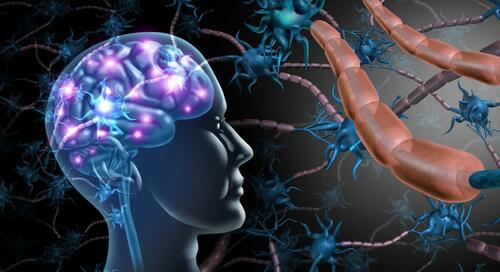"Subjects had their gut microbiome cleared out and received a new one from a transplant of healthy donor stool..."
Researchers have identified a microbial signature for autism spectrum disorder, a critical finding that offers clarity about how the gut microbiome influences this neurological syndrome.

The trillions of microbes (bacteria, viruses, fungi, and other microorganisms) that populate the gut microbiome are the basis of that microbial signature. Other research has found that having more microbes and greater diversity is associated with health and lower disease risk. Among other tasks, gut bacteria metabolize fiber and create metabolites that facilitate digestion, brain functions, and more.
The study involved reanalyzing 25 previously published datasets to find autism-specific metabolic pathways that could be linked to particular gut microbes. Originated at the Simons Foundation’s Autism Research Initiative (SFARI), the meta-analysis was published on June 26 in Nature Neuroscience and aligns with a recent long-term study of microbiome-focused treatment on 18 people with autism who exhibited improvement in both gut and brain symptoms.



